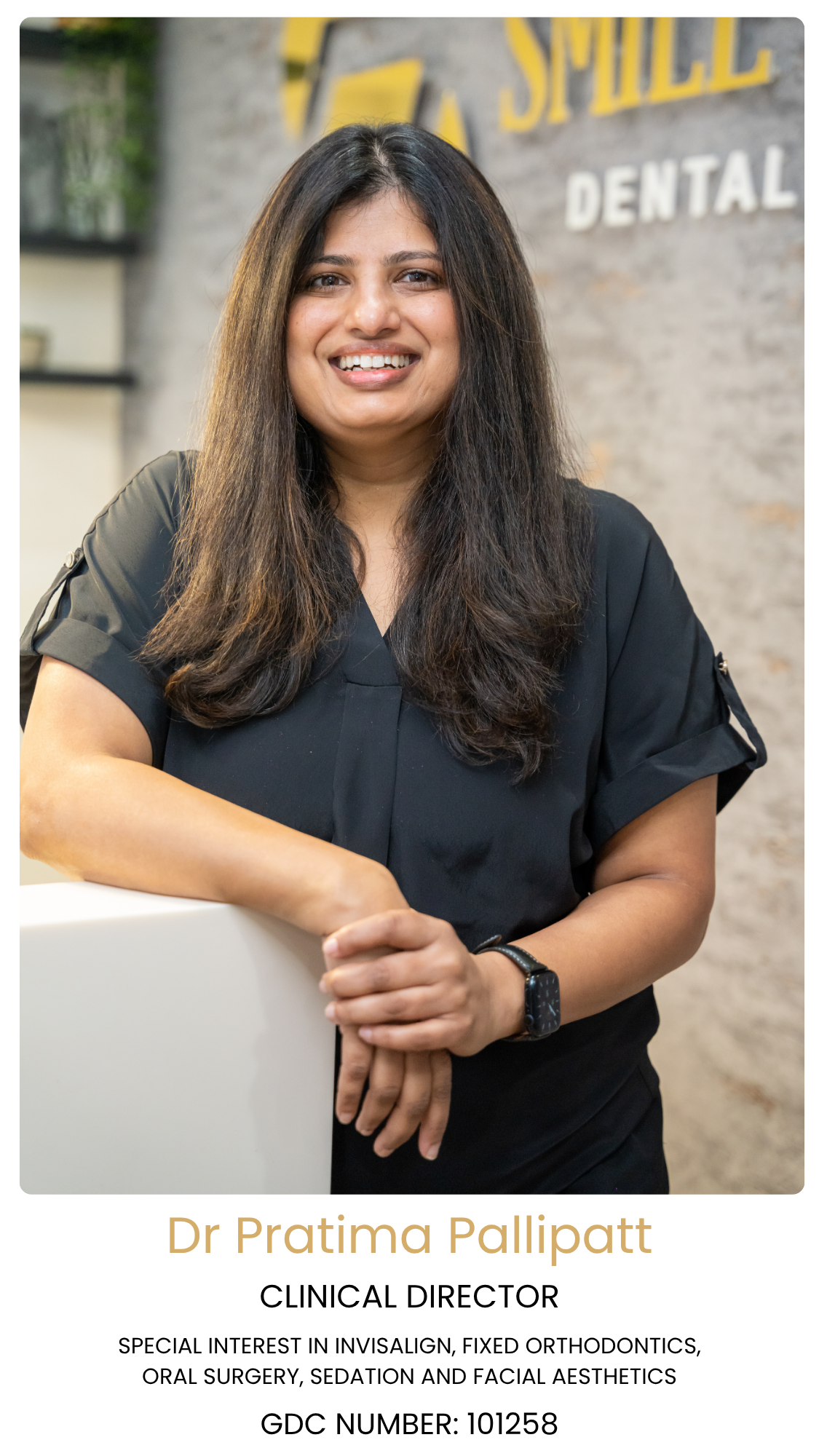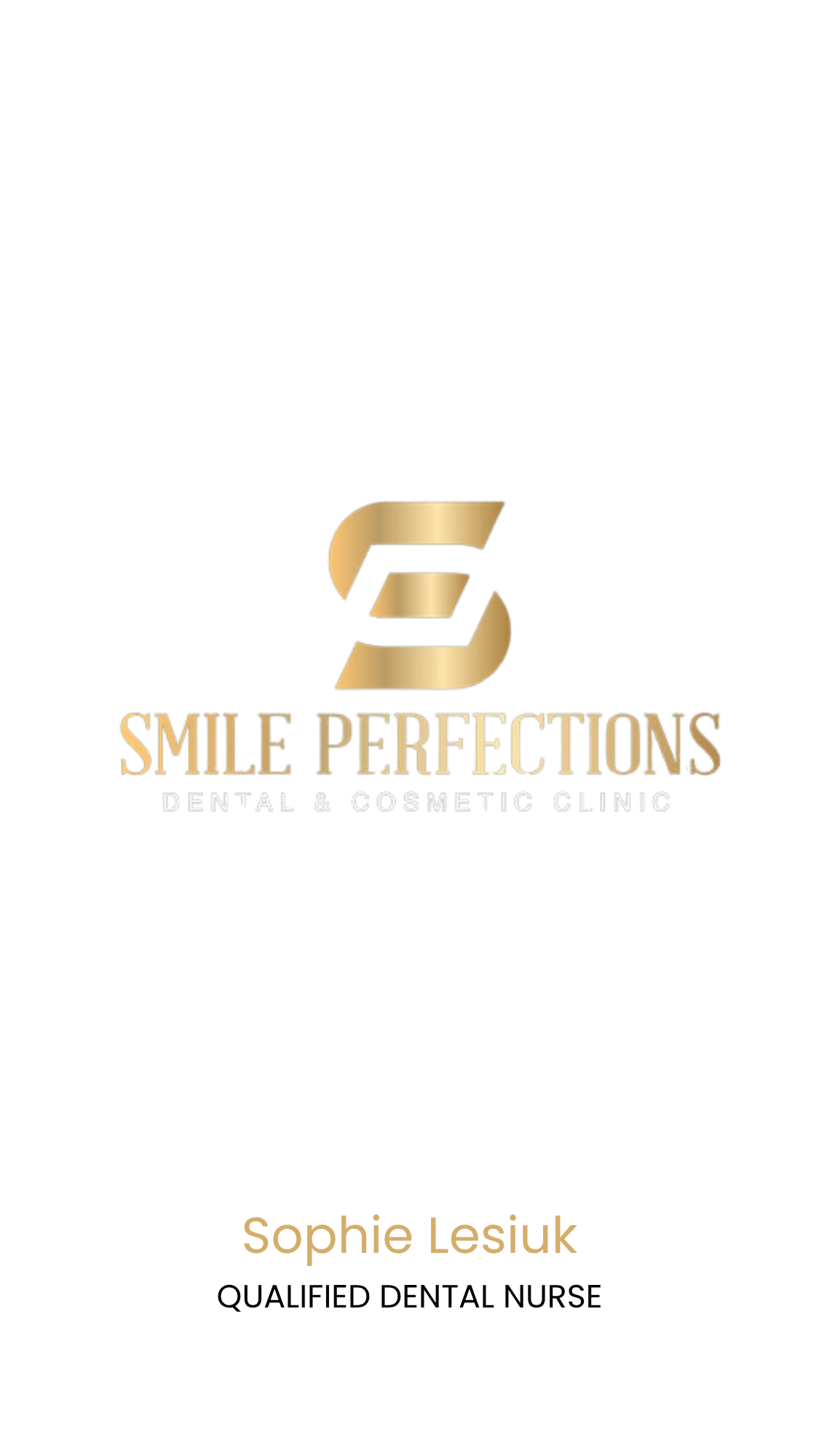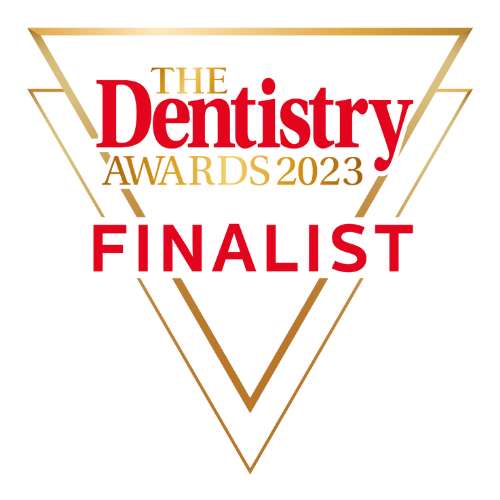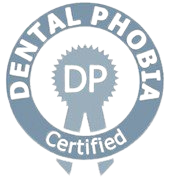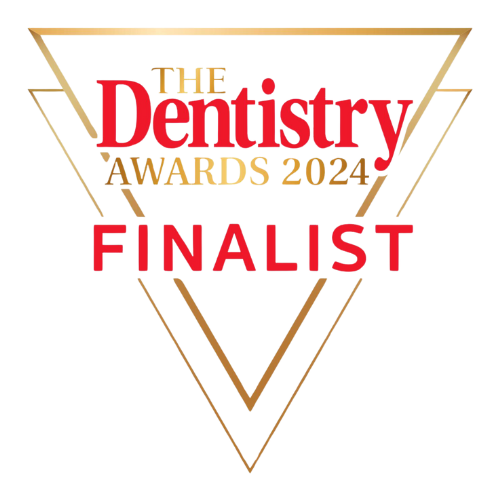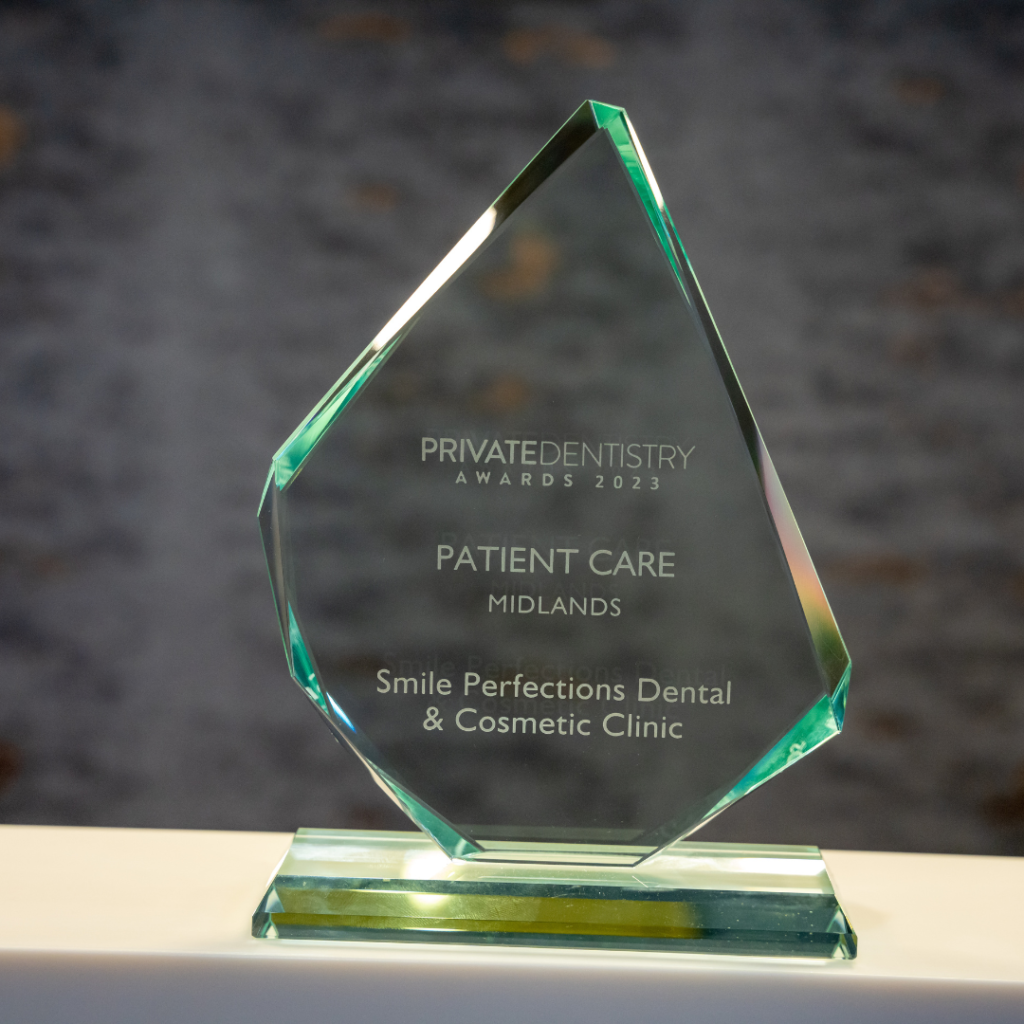Emergency Dentist in Leicester
Dental emergencies can be painful and stressful. That’s why our experienced team in Leicester is here to provide prompt and effective care when you need it most.
If you are experiencing severe tooth pain, a broken or knocked-out tooth, swelling, or any other urgent dental issue, we offer same-day appointments to ensure relief and prevent further complications.

Rapid response for pain relief
We understand how distressing dental emergencies can be, which is why we prioritise same-day appointments to provide swift and effective relief from pain and discomfort.

Highly experienced dentists
Our experienced team is trained to handle a wide variety of dental emergencies, including severe toothaches, broken or knocked-out teeth, abscesses, and swelling, ensuring you receive the best possible care.
5* rated dental practice
Removing problematic teeth, like impacted wisdom teeth, avoids issues such as overcrowding, misalignment, and damage to neighbouring teeth.

Patient-focused care
We are proud to offer 5-star rated emergency dental care in Leicester. When you’re in pain or facing a dental crisis, you need a trusted team that provides fast, effective, and compassionate care—and that’s exactly what we deliver.
What counts as a dental emergency?
Dental emergencies can happen unexpectedly and often require immediate attention to relieve pain, prevent further damage, and protect your oral health.
Here are the most common types of dental emergencies and how they can be addressed:
- Severe toothache
- Knocked-out tooth
- Broken or chipped tooth
- Dental abscess or infection
- Lost filling or crown
- Bleeding or swollen gums
- Jaw pain or injury
If you’re experiencing any of these dental emergencies, don’t wait—seeking immediate care can save your teeth and alleviate discomfort. Contact us today for fast and effective emergency treatment!
How we guarantee your comfort during a dental emergency
- Advanced anaesthesia techniques
- Experienced emergency dentists
- Sedation options available
- Personalised care
- Quick appointments available


What to do in case of common dental emergencies
- Rinse your mouth with warm water to clean the area.
- Use dental floss to remove any food trapped between teeth.
- Apply a cold compress to the outside of your cheek to reduce swelling.
- Avoid applying aspirin directly to the tooth or gums.
Even if the symptoms stop after following the advice, we would still recommend seeing a dentist as soon as possible.
- Handle the tooth by the crown (the visible part), avoiding the root.
- Rinse it gently with water if dirty, but do not scrub or remove tissue fragments.
- Try to place the tooth back into its socket if possible.
- If reimplantation isn’t possible, store the tooth in milk, saliva, or a tooth preservation kit, and see a dentist immediately.
- Rinse your mouth with a mild saltwater solution to ease pain and draw out pus.
- Do not try to pop the abscess. Seek immediate dental care to treat the infection.
Have you lost a tooth following a dental emergency?
Losing a tooth during a dental emergency can be painful and life-changing. That is why, at Smile Perfections, we make tooth restorations easier than ever before!
We offer multiple restoration options, to find out more, click on one of the treatments below:

Bringing smiles to life!








Have a question?
FAQ
We are here to help you! Find the answers to some of the most asked questions here.
A dental emergency includes situations like severe toothaches, knocked-out teeth, broken or chipped teeth, abscesses or infections, lost fillings or crowns, and injuries to the mouth or jaw. If you’re in pain or your oral health is at immediate risk, it’s an emergency.
Handle the tooth by the crown (not the root), rinse it gently with water if dirty, and try to reinsert it into the socket. If that’s not possible, store it in milk or saliva and see a dentist immediately—acting quickly increases the chances of saving the tooth.
For severe injuries involving the jaw or uncontrolled bleeding, A&E is appropriate. However, most dental issues, such as toothaches or broken teeth, are best treated by a dentist. Contact us for same-day care in dental emergencies.
If your toothache is severe, lasts more than a day or two, or is accompanied by swelling, fever, or difficulty eating, it may indicate an infection or another serious issue. Seek urgent dental care to prevent complications.
Rinse your mouth with warm saltwater, take over-the-counter pain relievers, and apply a cold compress to reduce swelling. Avoid eating or chewing on the affected side. Contact a dentist as soon as possible for professional treatment.
While not always an emergency, a broken wire can cause discomfort or injury to your cheeks or gums. Cover the sharp end with orthodontic wax and contact your dentist or orthodontist for a repair appointment.


